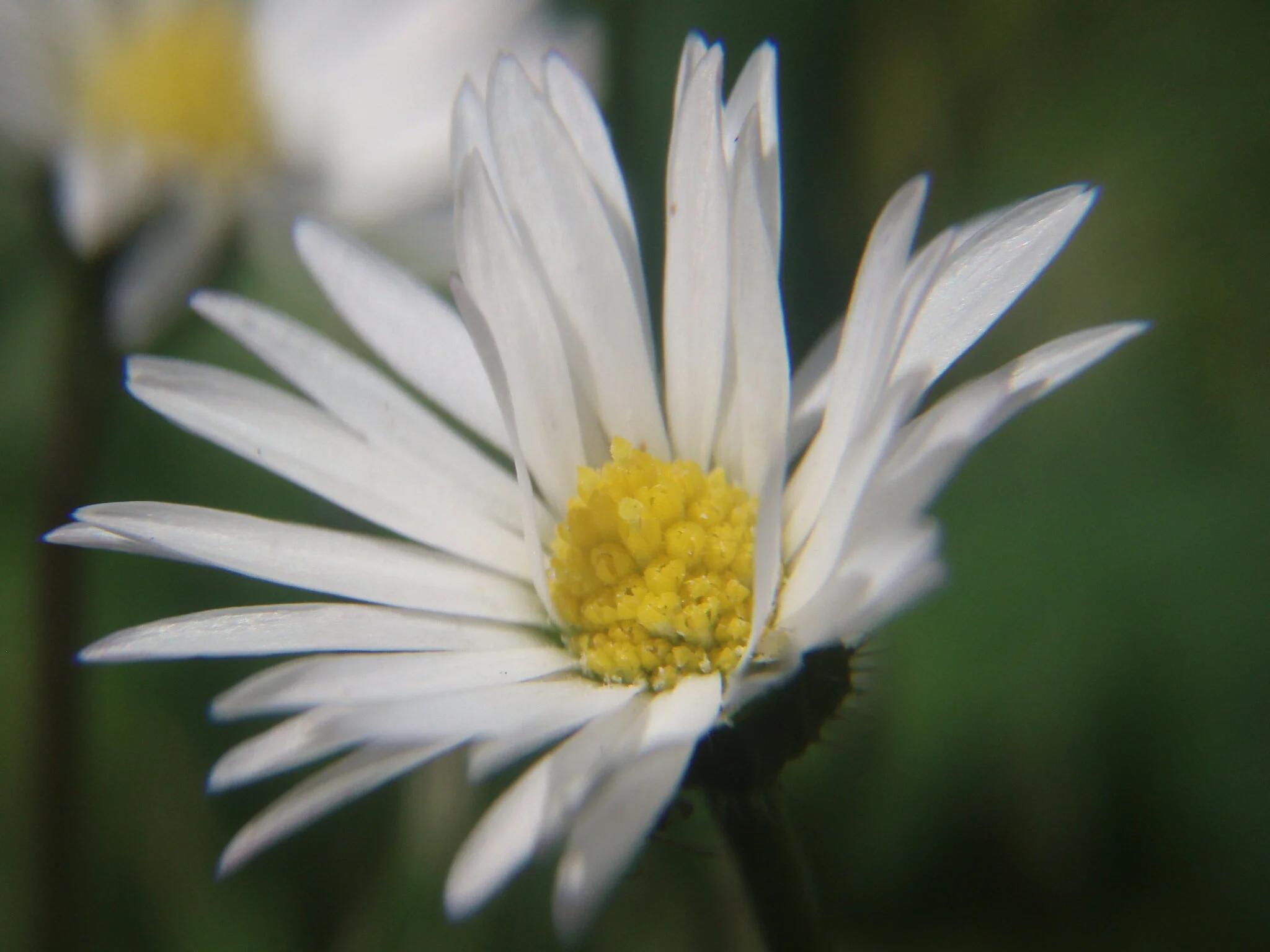Seeing rare things is exciting. Something about rarity quickens our sense of appreciation, our awareness of the specialness of a thing, a bird, a plant or whatever. It’s a real privilege to experience the glimpse of a goshawk, the scent of an orchid, the lithe form of a pine marten.
But if we focus too much on rarity, is there a danger of missing something crucial? Do we sometimes forget that we’re surrounded by specialness, that we’re swimming in nature’s spectacle? In the search for the rare orchid, do we find ourselves walking past commoner species and writing them off as ones we ‘know’. Perhaps we can ask ourselves, have we ever really looked at a daisy? Do we know the chaffinch so well that we could picture every last detail of its plumage in our mind’s eye?
Some friends have joked that they want to set up the Common Species Appreciation Society. We get playfully indignant at the dread words, “just a ….”. Many of us have heard or said it at some point. Lifting the binoculars to that distant potential eagle, and then proclaiming in a slightly disappointed tone “just a buzzard”. They are grim words indeed. In the same way that it’s easy to forget how common some species once were (shifting baselines syndrome – more on this in another blog) it is also easy to take things for granted. It wasn’t that long ago that buzzard numbers plummeted as a result of myxomatosis decimating their rabbit prey. No doubt many an earnest birder did a little dance of joy upon seeing a buzzard. As this raptor gets more common, I suspect the dance happens less often. It has to be said that there are many with a strong connection to nature who don’t fall into this trap – they’re often kids. “Look, a bird!!”, they might exclaim, with unbridled biophilia.
So revel in the rarity. Thrill with those special, usually unplanned moments when something unusual and particularly exciting comes our way. Bathe in the charisma of sexy raptors and seductive orchids. And then as an experiment try this: see if you can bring that same excitement, that same intensity of curiosity and awareness to something that you might see frequently – herb Robert perhaps; a greenfinch on the feeder; or black-headed gulls in the park. What happens when you do this?
Globally we are losing something like four species an hour. Consider species that were once super-abundant, such as the passenger pigeon, which is now extinct. Think of the effect of Dutch elm disease on the British landscape. Even the humble and abundant starling and house sparrow aren’t faring too well. Take nothing for granted. Any species is priceless.

